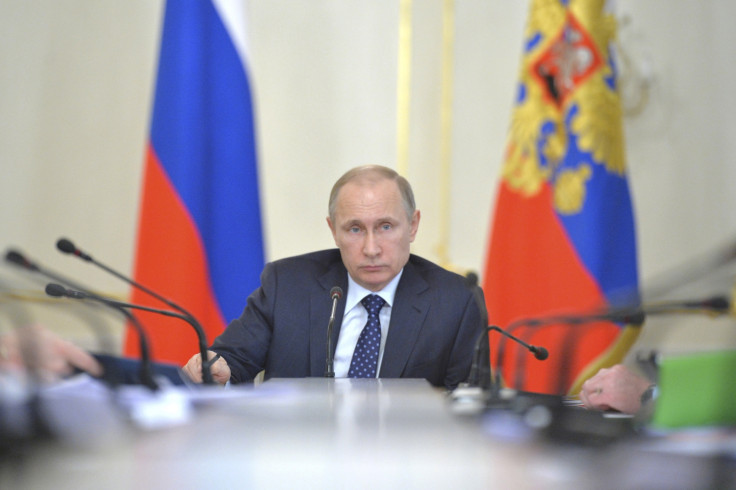Putin clamps down on dissent with ban on foreign NGOs in Russia

Russian President Vladimir Putin has signed a bill allowing foreign NGOs to be banned on grounds of national security.
Organisations deemed a threat to "foundations of Russia's constitutional order, defensive capacity and security" could be banned under the new laws, reports state news agency Interfax.
Individuals working for banned organisations could face fines or six years in jail, and bank freezes can also be imposed on groups.
Lawmakers argued the bill was necessary as a "preventative measure" in response to Western sanctions imposed in the response to Russia's alleged role fomenting conflict in east Ukraine.
Western governments and human rights groups decried the legislation as an attempt to stifle dissent.
"We are concerned this new power will further restrict the work of civil society in Russia and is a further example of the Russian government's growing crackdown on independent voices and intentional steps to isolate the Russian people from the world," US State Department spokeswoman Marie Harf said in a statement.
Britain's Minister for Europe, David Lidington, said the bill was "yet another example of the Russian authorities' harassment of NGOs and those who work with them in Russia".
Human Rights Watch said that the bill would be used primarily to target domestic opposition groups.
"We are often asked – is this draft law aimed against international rights groups like yours?" said Hugh Williamson, HRW's Europe and Central Asia Director. "But in fact, there is little doubt that its primary targets are Russian activists and Russian independent organisations."
Amnesty International called it "the last chapter in the unprecedented repression against non-governmental organisations."
The legislation follows a 2012 bill that compelled organisations that received funds from abroad to register as "foreign agents".
© Copyright IBTimes 2025. All rights reserved.




















